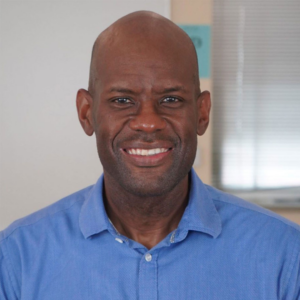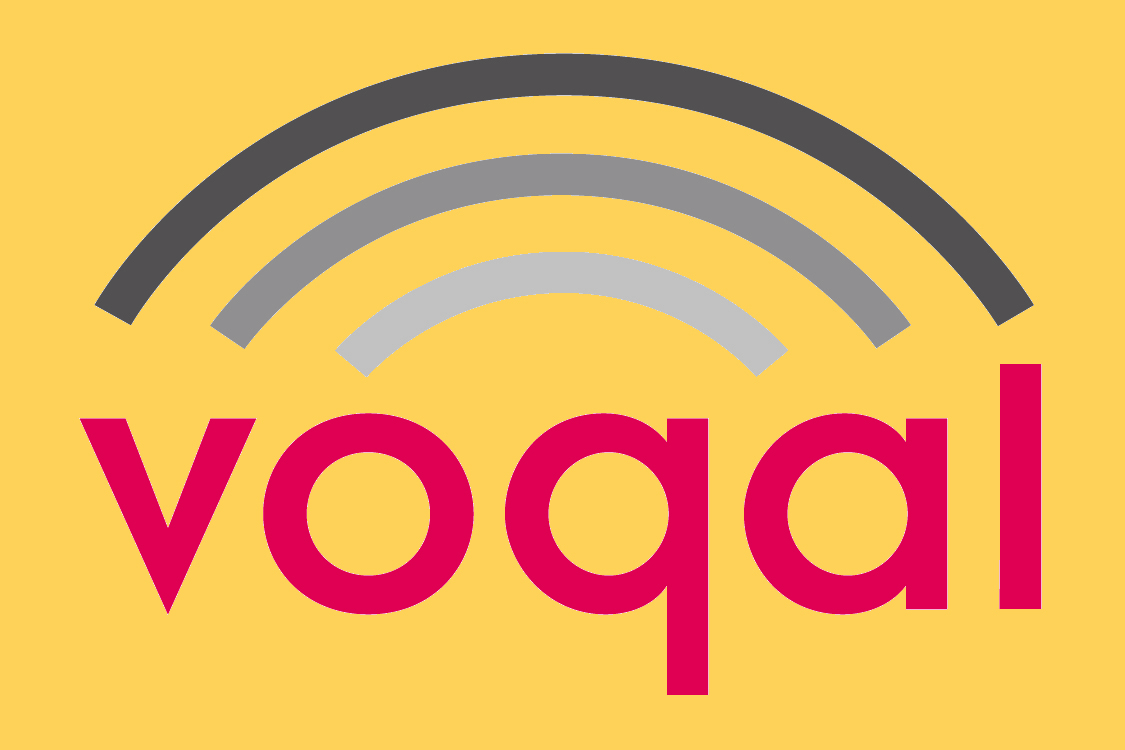No doubt you’ve heard the refrain that “charter schools are public schools.” But despite the rhetoric, and the state statutes that consistently define them as “public schools,” charter schools have several characteristics that make them more like private schools. For instance, they are privately operated and are exempt from many of the rules and regulations that apply to public schools.
The private-ness of charters have made it difficult for courts to determine whether charter schools are actually public schools. Charters and their advocates have sometimes used this murkiness to their advantage. They are “public” when they want courts to uphold benefits that they like; they are “private” when there are responsibilities they want to avoid. Meanwhile, the charter school lobby has consistently dismissed criticism of this shifty behavior by repeating that familiar mantra: “Charter schools are public schools.”
Peltier v. Charter Day School and the State Action Doctrine
Critics of charter schools, who’ve long argued that the charters are essentially private schools, recently received a boost for their position in the Peltier v. Charter Day School case.
After parents sued a North Carolina charter school, arguing that the requirement that girls attending the school wear skirts because they are “fragile vessels” was a violation of of the 14th Amendment, a three-judge panel for the Fourth Circuit ruled that the Equal Protection Clause doesn’t apply to charter schools. That’s because what’s known as state action doctrine provides that the Constitution applies only to governmental entities. Private entities are exempted. And according to the Fourth Circuit judges the North Carolina charter school is not a “state actor.”
But when all of the Fourth Circuit judges heard the case, issuing what’s known as an en banc decision, they rejected the panel ruling. Now the Supreme Court is deciding whether to hear the case of appeal, and recently asked the Biden Administration to weigh in on the matter.
Be Very Afraid
It’s easy to understand why charter school critics might feel vindicated by the ongoing Peltier litigation. Here’s a court, joined by a loud chorus of charter advocates on the right, declaring that charters aren’t actually public. But the fact that the Court is considering granting an appeal in the Peltier case should alarm public school advocates across the country. That’s because charter schools in every state and the District of Columbia have private attributes. Courts may find that they, too, are not state actors. In essence, charter schools would be just like private schools participating in a voucher program.
A ruling by the Court that places charters firmly in the “private” camp could have devastating consequences for the rights of students who attend charter schools. As the Peltier case shows, charter school students could be in danger of shedding their constitutional rights “at the schoolhouse gate.” In addition to losing their right to equal protection, they would also lose their right to due process in cases of suspension and expulsion. They would also forfeit their protections to freedom of speech and freedom from unreasonable search and seizure.
And that’s just the start. If a state’s charter schools are not state actors, then the state might have to provide funding for religious charter schools. In Carson v. Makin, the Supreme Court ruled that if a school voucher program allows private schools to participate then it cannot refuse to fund religious private schools. Similarly, if charter schools are considered private actors under the Constitution, a state might not be able to prohibit religious charter schools from receiving public funding. That’s exactly the argument that the Oklahoma attorney general made recently, when he gave the greenlight to charters that provide explicitly religious instruction.
A Call to Action
For too long, charter schools and their advocates have had it both ways when it comes to the public/private divide. If we are going to prevent charter schools from becoming stealth vouchers, the same legislatures that created charters in the first place must now take action to ensure that they are state actors in the eyes of the courts. And that’s just a start. Other suggestions include mandating that only democratic bodies such as school boards can authorize them; that the majority of charter school boards must be elected; and that administrators, teachers, and staff are school employees. Most importantly, states must guarantee that charter school students have the same constitutional protections as public-school students.
Failure to act could result in the loss of our public educational system.
Preston Green is the John and Maria Neag Professor of Urban Education at the University of Connecticut, where he is also a professor of educational leadership and law. Dr. Green has written extensively on the topics of educational access and school choice. He has also sought to promote the achievement of equal educational opportunity through collaborations with the Southern Poverty Law Center, UCLA Civil Rights Project, the Century Foundation, and the National Education Policy Center. Moreover, he has created programs of study in law and education at two universities.


